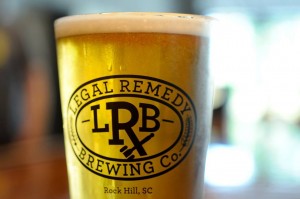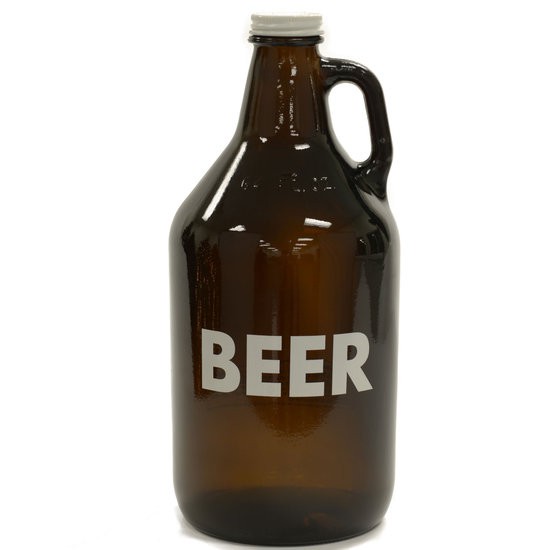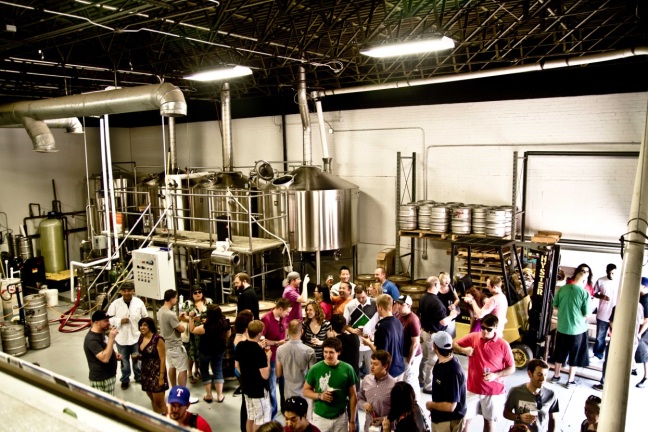
This week the Lumbee Tribe of North Carolina filed a federal lawsuit against Anheuser-Busch InBev and R.A. Jeffreys Distributing Co., claiming infringement of a tribal trademark and slogan in advertisements at gas stations.
The lawsuit alleges that by using the Lumbee circular tribe logo and the “Heritage, Pride & Strength” slogan in beer advertisements at gas stations, AB InBev is creating the false impression that the tribe is affiliated with Bud Light. The Lumbee logo is visible at the top left of the photo, consisting of a circular shape that “is symbolic of the Circle of Life.”
The lawsuit claims AB InBev’s use of its tribal trademark in advertisements is “immoral, unethical, oppressive, (and) unscrupulous.” Counsel for the plaintiffs further noted that as alcohol and drug abuse are often associated with Native American culture, AB InBev’s use of these marks to promote alcohol is “particularly offensive to Lumbee people.” The plaintiffs are seeking court costs and profits derived from using the tribe’s trademark.
The Lumbee Tribe is the ninth-largest in the United States, and calls itself the largest tribe in North Carolina. They are largely centered in the eastern part of NC in Robeson County.
Thanks to the Charlotte Business Journal – link to article is here.


 Georgia craft beer breweries and distilleries have
Georgia craft beer breweries and distilleries have